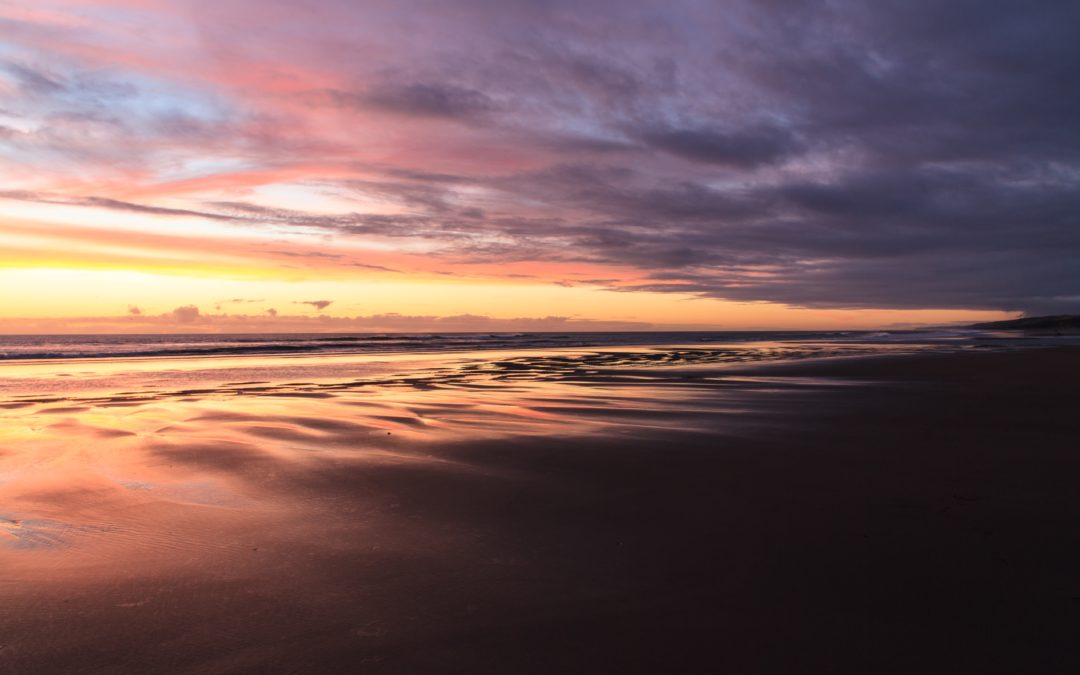Source: NZ Stuff news article (21st Jan. 2021) – Living by the beach isn’t particularly relaxing when the sea could wipe out your home in less than two decades. When Jo Poland bought a coastal property at Port Waikato in 1994, she looked at the ocean through rows of undulating dunes and thought she’d won big. The $34,000 section on Ocean View Road was the 68-year-old’s ticket to building a family holiday home and a relaxed retirement. Everyone’s dream right !?
When the property was purchased there was no mention of erosion. But now, erosion of the deeply-gullied dunes where Poland’s family once lit bonfires, has formed precarious cliffs instead.
As the sea comes closer, Poland has considered selling up and moving inland. But she thinks the erosion has taken at least $200,000 off the value of her property, so is not sure she can afford to.
In the last 10 to 16 years the sea has eroded about 50 metres. In 2019, a beach-front house and the community’s surf club was demolished as they teetered too close to the sea.
The popular holiday spot on the North Island’s West Coast has long been affected by a natural phenomenon where sand movements build up, then erodes the shore. One erosion map shows a street of houses washed away in 20 to 50 years’ time if potential rates of erosion continue.
But scientists agree climate change WILL exacerbate coastal erosion through continuing sea-level rise and frequent, severe storms.
Around the country, there’s still a strong appetite for coastal property, despite climate change or environmental risk. A recent Quotable Value (QV) survey of property consultants and valuers named coastal areas in most regions the most likely to increase in value in 2021.
Climate economist Belinda Storey said Port Waikato was a “glaring example” of how New Zealanders still want coastal property. “Like a domino effect”, more houses on Ocean View Road will likely be condemned in the next 5, 10 or 15 years, Storey said.
Despite this, people still want to stay beside the sea. “The way our minds are built is that we are really good at ignoring events, even if they are catastrophic.” Even when there’s a high probability an event will happen people don’t adjust their expectations.
“We tend to be optimists, we think it won’t happen to me, and we’re too reliant that we can change nature, that we can hold back the sea.”
Allow Geohazard Assessment Services to assist you in making that informed decision when thinking about purchasing your coastal property.


Recent Comments